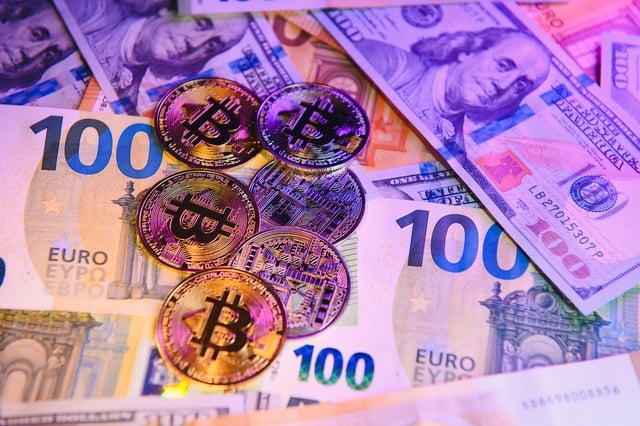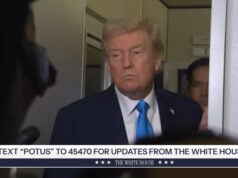
You might have traveled to another country and exchanged your money for a different currency. Maybe you have also noticed that the exchange rate changes from one day to the next. That small experience is connected to something much bigger, the foreign exchange market. The whole idea of currency trading might seem too complex or even risky if you don’t know where to start.
If you’re someone who wants to understand the basics of currency trading without getting overwhelmed, this guide is for you.
What Is Forex and Why Does It Matter
Before diving in, it’s important to first understand what is forex. Forex is short for “foreign exchange,” and it refers to the global marketplace where currencies are bought and sold. It’s the largest financial market in the world, with trillions of dollars traded every day. Unlike the stock market, the forex market operates 24 hours a day, five days a week.
You can think of forex trading like exchanging money at a currency booth, but instead of doing it once, you’re doing it repeatedly, hoping the exchange rate works in your favor. Traders make money by buying a currency when it’s low and selling it when it goes higher. Of course, the opposite can also happen, and prices can go down, which means you could lose money if you’re not careful.
How Currency Pairs Work in the Forex Market
One of the key things to know is that currencies are traded in pairs. That means you’re always buying one currency while selling another. For example, when you trade the EUR/USD pair, you’re buying euros and selling U.S. dollars. The value of the pair shows how much of one currency you need to get one unit of the other.
The price of currency pairs changes constantly due to factors like global news, economic reports, interest rates, and even political events. This means forex trading involves keeping an eye on world events and understanding how they might impact the value of different currencies.
Getting Started with Forex Trading
To begin trading, you’ll need to open an account with a forex broker. This is the platform where you can place trades, view real-time charts, and manage your account. Most brokers offer demo accounts where you can practice trading with fake money. This is a great way to get a feel for the market without risking your cash.
Once you’re comfortable, you can start trading small amounts of real money. It’s a good idea to start slow, especially if you’re still learning. Many beginners lose money by jumping in too fast or chasing quick profits.
Managing Risk While Trading Forex
Forex trading isn’t just about making money; it’s also about protecting what you already have. That’s where risk management comes in. This means only risking a small part of your account on each trade, setting clear stop-loss levels, and not letting emotions control your decisions.
Many new traders make the mistake of treating forex like gambling, but it’s not. With the right mindset, good research, and patience, you can trade wisely and grow your knowledge along the way.
Disclaimer
The information contained in South Florida Reporter is for general information purposes only.
The South Florida Reporter assumes no responsibility for errors or omissions in the contents of the Service.
In no event shall the South Florida Reporter be liable for any special, direct, indirect, consequential, or incidental damages or any damages whatsoever, whether in an action of contract, negligence or other tort, arising out of or in connection with the use of the Service or the contents of the Service. The Company reserves the right to make additions, deletions, or modifications to the contents of the Service at any time without prior notice.
The Company does not warrant that the Service is free of viruses or other harmful components












